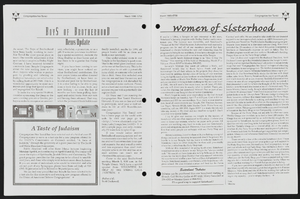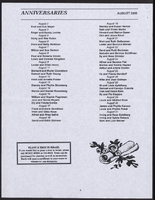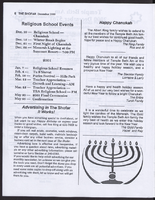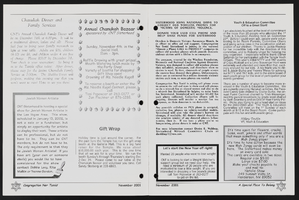Search the Special Collections and Archives Portal
Search Results

Interview with Curtis Rufus Amie Sr., January 21, 2005
Date
2005-01-21
Archival Collection
Description
Narrator affiliation: Miner, Reynolds Electrical and Engineering Company (REECo)
Text

Meeting minutes for Consolidated Student Senate University of Nevada, Las Vegas, March 11, 2002
Date
2002-03-11
Archival Collection
Description
Includes meeting minutes.
Text
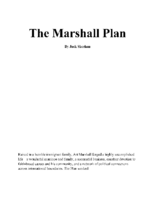
Book, The Marshall Plan, by Jack Sheehan, 2013
Date
2013
Description
Art Marshall is one of the founders of the Marshall-Rousso chain of women's dress shops that started in casinos in Las Vegas. He is also a banker, a member of the Nevada Gaming Commission, is active in the Anti-Defamation League and the Jewish Federation of Las Vegas, is an art collector, and is a philanthopist, especially for Jewish faith-based causes and for the University of Nevada, Las Vegas.
Text
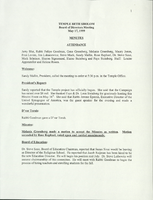
Minutes from Temple Beth Sholom Board of Directors meetings, January 1999 - June 1999
Date
1999
Archival Collection
Description
Meeting minutes include reports from committees of the board, correspondence, and balance sheets.
Text
Pagination
Refine my results
Content Type
Creator or Contributor
Subject
Archival Collection
Digital Project
Resource Type
Year
Material Type
Place
Language
Records Classification

